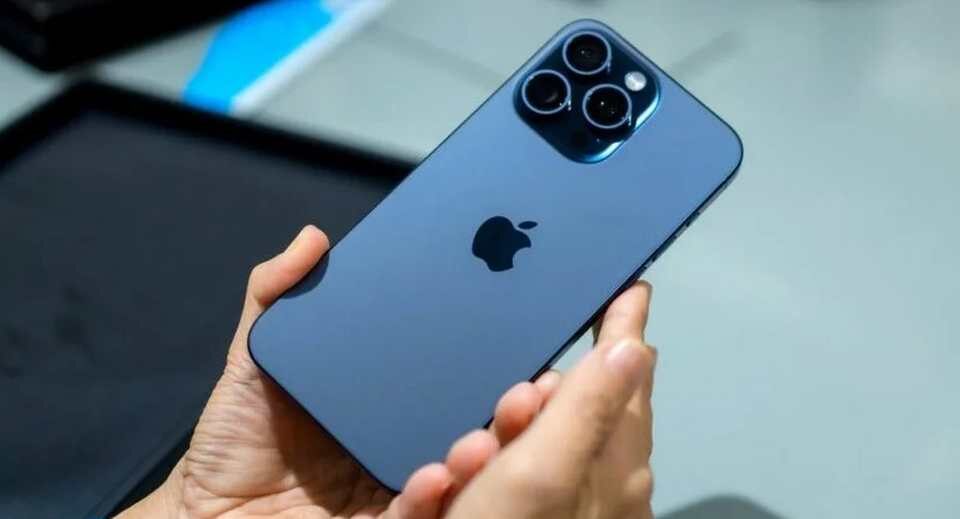While Apple plans to raise prices on its iPhone lineup this fall, the company does not want anyone to link the increase to tariffs on imports from China, where most devices are made, the Wall Street Journal reported Monday.
According to the report, most of Apple’s devices are still assembled in China, and their rising costs are beginning to bite.
Apple’s shares were partially lifted by broader market profits after the US and China agreed to temporarily ease mutual tariffs, increasing 7% in pre-market trading. Still, the pain doesn’t go away anytime soon, as China’s imports into the US face 30% collection.
“Apple is weighing the price rise of its fall iPhone lineup, a step that is trying to combine with new features and design changes,” the Wall Street Journal reported citing people who are familiar with the issue.
Apple to raise iPhone prices this fall quietly avoids duties liability
Apple has been caught up in a crossfire of the ongoing US-China trade battle. This is what got worse after the Trump administration stepped up tariff action. The company has not commented on the WSJ report. The WSJ report cites sources familiar with the issue.
Raising the price of your iPhone will help Apple offset the extra costs from these tariffs. This is one of the reasons why the company has changed more production in India. Earlier this month, Apple said it expects tariffs to tackle in the April-June quarter alone at an additional cost of around $900 million. It also states that most iPhones sold in the US during that time will be sourced from India.
Analysts have been speculating for months about potential price increases. In particular, competitors like Samsung continue to roll out AI-powered features that Apple has not yet matched, so raising prices could potentially damage Apple’s market share.
The iPhone 16 base model is currently expected to start at $799, but Rosenblatt Securities estimates that tariffs could raise its costs to $1,142.
According to WSJ, Apple plans to bundle up price increases, perhaps to help ease the blow with new features and design changes, including slimmer form factors.
Interestingly, this issue is not specific to Apple. Last month, Amazon faced a political backlash when it considered listing import fees for low-cost items due to tariffs. The move drew a sharp response from the White House, calling it a hostile political stunt.
In contrast, Apple’s approach seems quiet. Cost your customers without stirring up headlines.

🚀Want to share the story?
Submit your stories to TechStartUps.com in front of thousands of founders, investors, PE companies, tech executives, decision makers and tech leaders.
Please attract attention
Source link

